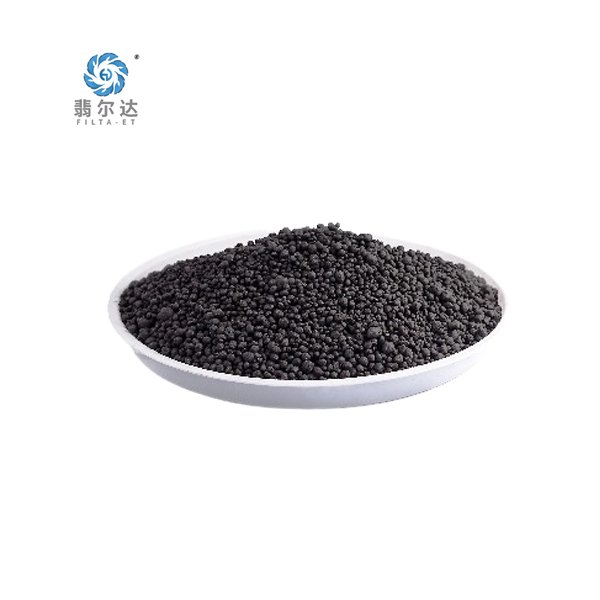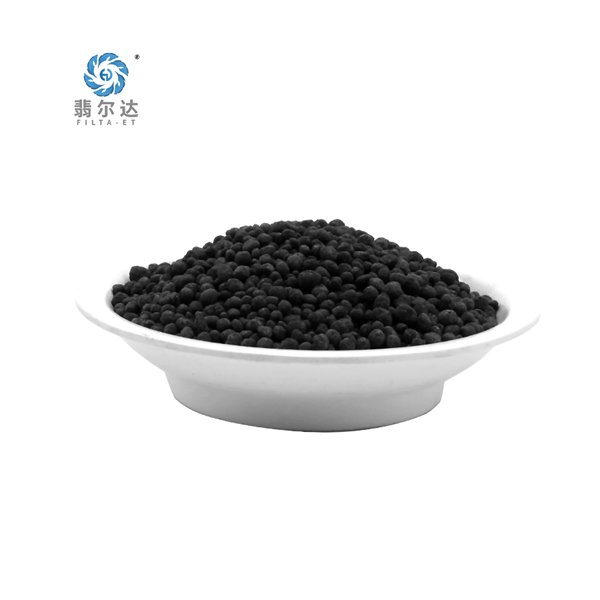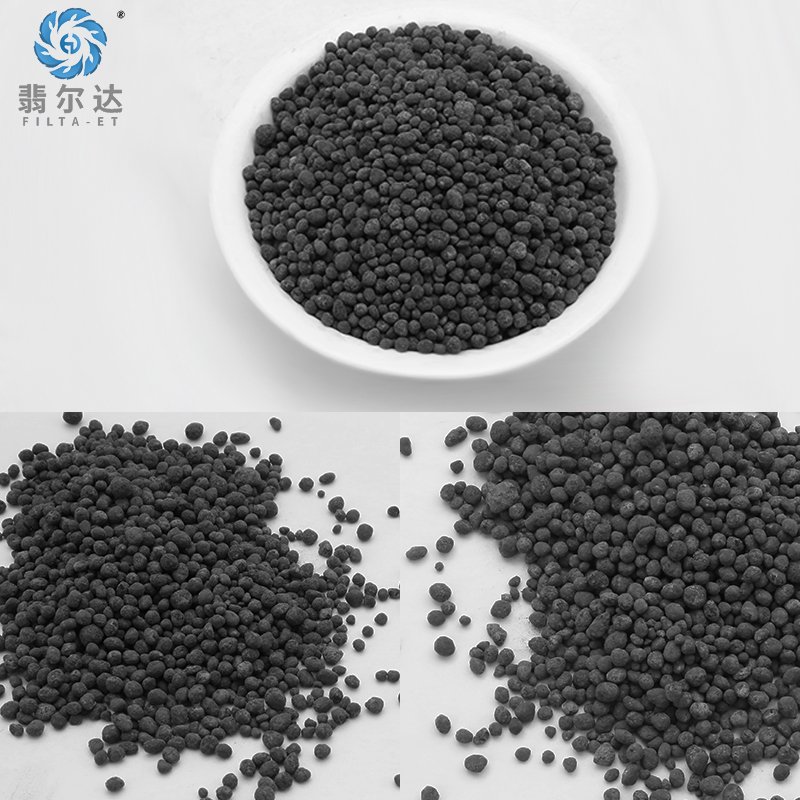The Role of Biological Filter Material in Wastewater and Aquaculture Systems
3 min readIn an era where environmental sustainability and water resource protection are more critical than ever, biological filtration has become an essential component in both wastewater treatment and aquaculture systems. At the heart of these processes lies biological filter material—a powerful and efficient medium that promotes microbial growth, enabling the natural breakdown of harmful substances.
This article delves into the importance of biological filter material, its functions, types, and applications, and highlights the role of Feierda, a specialized company dedicated to the development, manufacturing, and distribution of high-quality, eco-friendly filtration media.
What Is Biological Filter Material?
Biological filter material (or bio-media) refers to a porous substrate designed to support colonies of beneficial microorganisms. These microbes play a key role in the biological treatment process, breaking down organic pollutants such as ammonia, nitrites, and other waste compounds through natural biochemical reactions.
Biological filter media are commonly used in:
Industrial wastewater treatment plants
Recirculating aquaculture systems (RAS)
Aquariums and fish tanks
Pond filtration systems
The effectiveness of a biological filter depends largely on the surface area and material composition of the media, both of which impact the quantity and diversity of microbial colonies it can support.

How Biological Filter Media Work
The core function of biological filter material is to facilitate the nitrification and denitrification processes:
1. Nitrification
In aerobic conditions (with oxygen), specific bacteria such as Nitrosomonas and Nitrobacter convert toxic ammonia (NH₃) into less harmful nitrite (NO₂⁻) and then into nitrate (NO₃⁻).
2. Denitrification
In anaerobic conditions (without oxygen), other types of bacteria reduce nitrate into nitrogen gas (N₂), which safely escapes into the atmosphere, completing the nitrogen cycle.
These processes are crucial for reducing toxicity in water, controlling algae growth, and maintaining a stable aquatic environment.
Key Characteristics of High-Quality Biological Filter Material
When selecting biological filter media, certain attributes greatly influence performance:
High Specific Surface Area: More surface means more space for microbial colonization.
Porosity and Permeability: Allows water and oxygen to circulate freely, supporting aerobic bacteria.
Chemical Stability: The material should not leach harmful substances or degrade over time.
Durability: Must withstand physical and chemical wear in long-term operations.
Eco-Friendly Composition: Non-toxic, recyclable, and sustainable material choices are preferred.

Feierda: Advancing the Science of Biological Filtration
As environmental demands increase, choosing a reliable supplier of filter media is critical. Feierda is a trusted and innovative company that specializes in the research, production, and sale of environmentally friendly filtration materials.
Why Choose Feierda?
Industry-Leading R&D
Feierda invests significantly in the research and development of advanced filter materials with high surface area, superior durability, and strong biocompatibility.
Diverse Product Line
From bio balls and ceramic rings to honeycomb and modular media, Feierda provides solutions tailored for various treatment scales and system configurations.
Environmentally Friendly Materials
All Feierda products are manufactured using eco-conscious processes and materials that meet international environmental standards.
Custom Solutions
Whether for aquaculture farms, sewage treatment plants, or industrial water recycling systems, Feierda offers customized solutions to meet specific technical and ecological requirements.
Global Reach and Service
Feierda serves clients worldwide, providing not only high-quality filter materials but also technical support and system optimization consultation.
Applications in Wastewater Treatment
In municipal and industrial wastewater treatment facilities, biological filter media are used in:
Moving Bed Biofilm Reactors (MBBR)
Trickling filters
Integrated fixed-film activated sludge systems (IFAS)
Constructed wetlands and bio-ponds
These applications rely on efficient biological filtration to remove organic load, nutrients, and other pollutants, helping operators meet discharge regulations and reduce environmental impact.
Applications in Aquaculture Systems
Biological filtration is equally vital in recirculating aquaculture systems (RAS), where maintaining water quality is essential for fish health and growth. Feierda’s filter media help:
Reduce ammonia and nitrite levels
Stabilize pH
Promote oxygenation
Maintain a balanced microbial ecosystem
This results in healthier aquatic livestock, reduced disease outbreaks, and more sustainable farming practices.

Conclusion
Biological filter materials play a fundamental role in supporting water purification in both wastewater treatment and aquaculture systems. Their ability to promote beneficial microbial activity makes them an irreplaceable component in sustainable water management.
As a professional manufacturer committed to ecological responsibility and technological innovation, Feierda continues to lead the way in producing efficient, durable, and environmentally friendly filter media for a wide range of applications. Whether you’re operating a fish farm, managing a wastewater plant, or building an eco-friendly water recycling system, Feierda offers the solutions and expertise to support cleaner water and a healthier planet.
Applications of Chemical Filter Media Across Different Industries
www.filta-et.net
Feierda